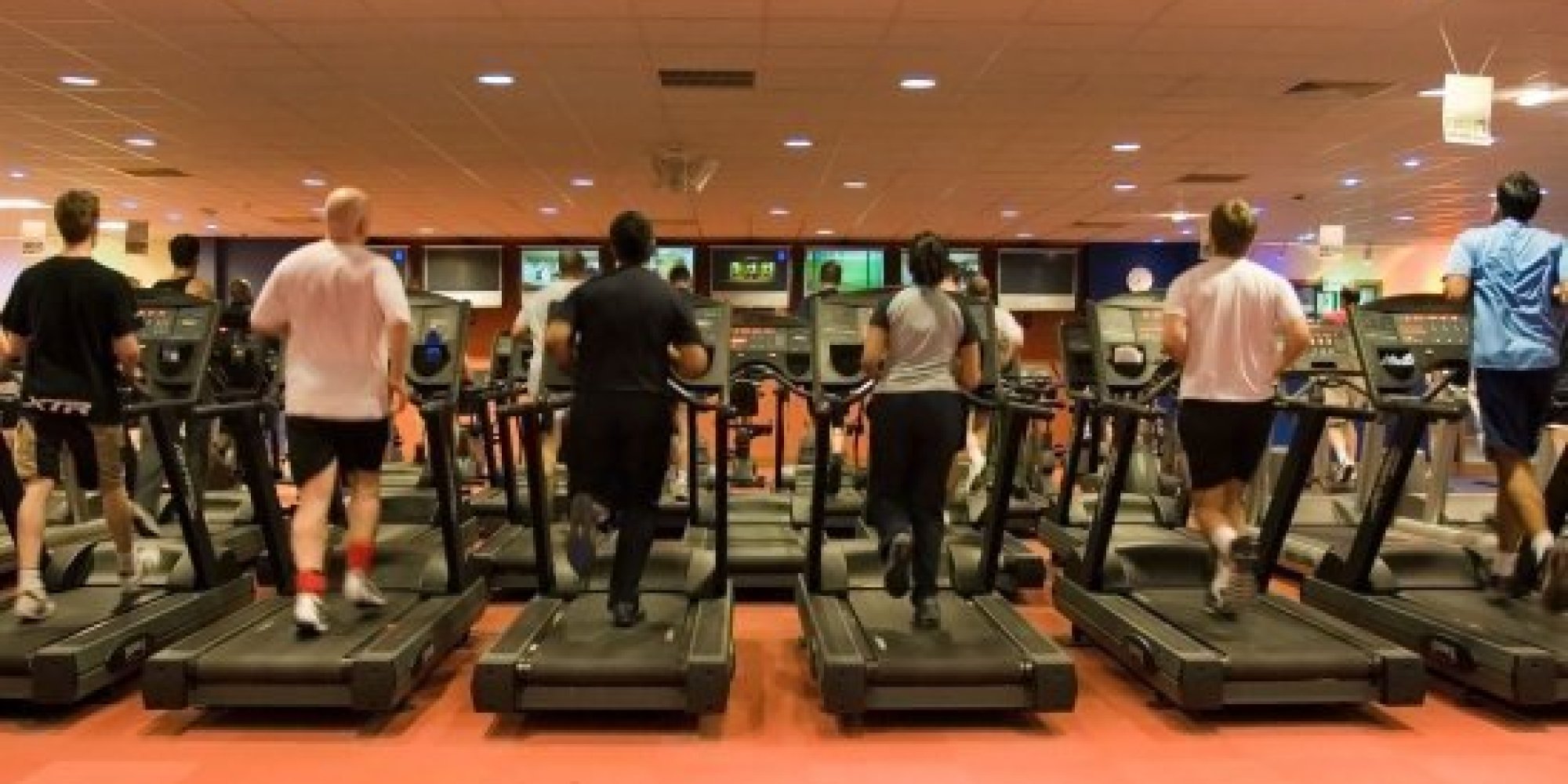Working too much is (possibly) bad for your brain
Quick question, if you had to guess, what do you think would be 'better' (for folks 40 and older), in terms of maintaining or even enhancing your overall cognitive abilities - I will give you two options, pick the one you think would be 'better'.
1. Working at a full-time job that is a real grind, and putting in 60+ hours/week
2. Doing more or less nothing in terms of paid employment, i.e., spending a lot of time playing video games, watching Netflix - that kind of thing
Well, according to a recent research study published at the University of Melbourne, the guy sitting on the sofa binge watching The Walking Dead is probably better off, at least in terms of cognitive functioning, than the 60 hours/week work hero. Three Flags (1958), Jasper Johns
Three Flags (1958), Jasper Johns
So what might be the true, 'best' option to keep cognitive function from deteriorating as we get older?
Unsurprisingly, the answer lies somewhere in between the two extremes of 'doing nothing' and 'probably working too much.'
From the University of Melbourne's findings:
Our findings show that there is a non-linearity in the effect of working hours on cognitive functioning. For working hours up to around 25 hours a week, an increase in working hours has a positive impact on cognitive functioning. However, when working hours exceed 25 hours per week, an increase in working hours has a negative impact on cognition. Interestingly, there is no statistical difference in the effects of working hours on cognitive functioning between men and women.
This could be the greatest argument yet for the three day work week, at least for folks in the 40+ crowd, (is anyone actually arguing for a three day work week? Maybe I can start the groundswell here).
But what is interesting about the research and the conclusions is how it more or less aligns with what most of us would intuitively feel to be the case - that being engaged in work helps keep the brain sharp, and the mental faculties in shape. It would be hard to argue, based on a personal and informal review of the losers in our lives, (I am looking at you, Mr. no-good brother in law), that sitting on the sofa all day is good for cognitive functioning.
What might be surprising however is the pretty low weekly working hours threshold where cognitive function starts to decline. Twenty five hours per week is squarely in the 'part-time' category, and likely not the one in which most of us find ourselves in during the prime, (or what we think is the prime), of our working careers.
So in sum the two things to at least think about are both pretty clear, and kind of obvious too.
Lots of us are working too much, and all of this work might be having a negative impact on cognitive function, (not to mention family life, stress, physical health, etc.).
But as we get older, working at least some, (up to 25 hours or so), is actually positive on a number of fronts, and should be a part of our planning as we age.
Everything in moderation. Shocking, I know.
And probably a good reminder as we hit Election Day tomorrow.
Have a great week!

 Steve
Steve



